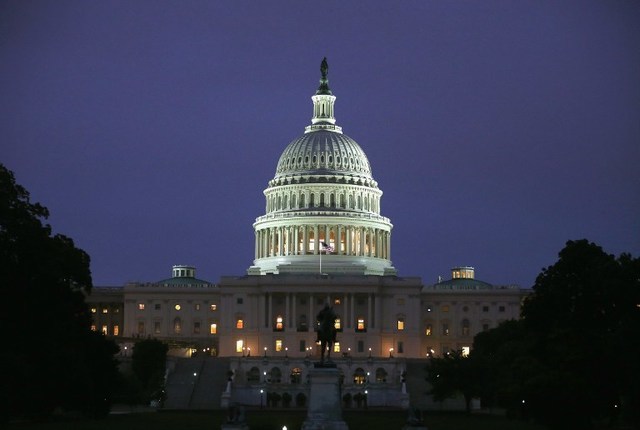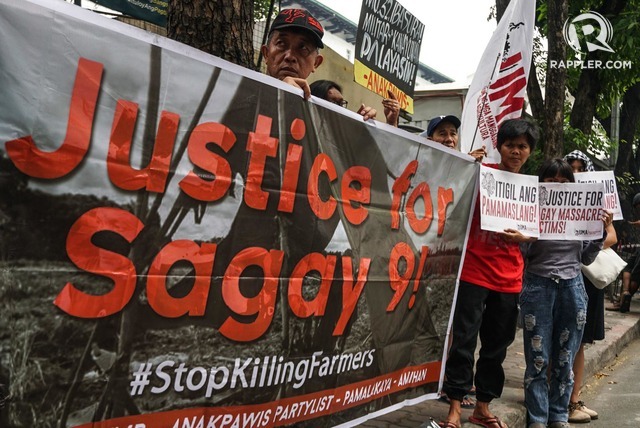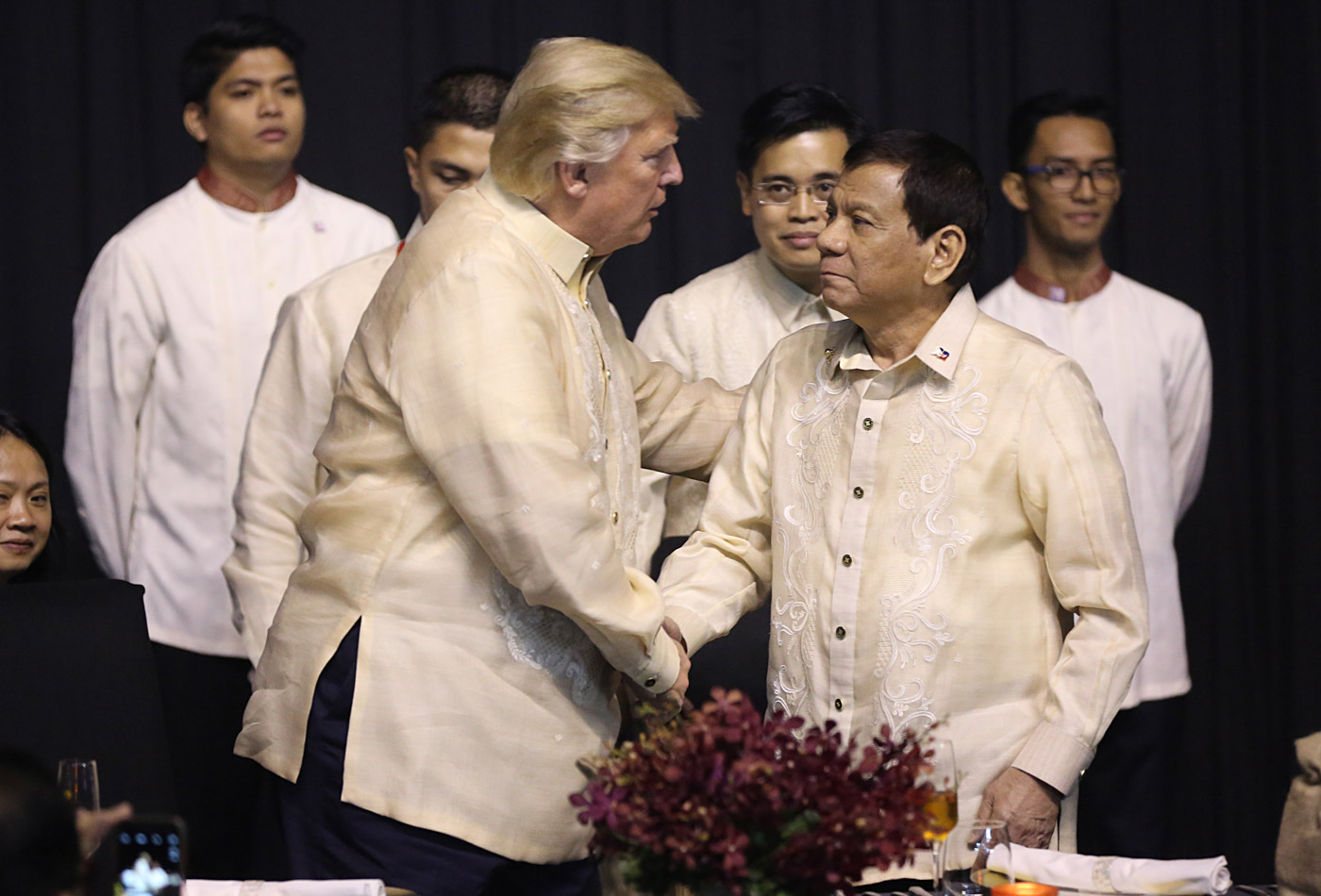SUMMARY
This is AI generated summarization, which may have errors. For context, always refer to the full article.

MANILA, Philippines – Several lawmakers from the United States House of Representatives voiced concern over “serious human rights abuses” in the Philippines under the Duterte administration.
United States 2nd District of Missouri Representative Ann Wagner, co-chair of the US congressional Association of Southeast Asian Nations (ASEAN) caucus, called out the Philippines, along with Vietnam and Myanmar, over deteriorating human rights in the respective countries.
“As co-chair of the congressional ASEAN caucus, I understand that Southeast Asian countries are critical US partners. But I remain deeply, deeply troubled by reports of serious human rights abuses in the Philippines and Vietnam, in particular, and by the ongoing genocide against Rohingya Muslims,” Wagner said in a US House committee on foreign affairs hearing on Thursday, July 25.
Wagner said that she was especially concerned over the plight of indigenous groups in the Philippines, who along with groups defending them, have been subject to attacks. (READ: PH deadliest country for environmental activists in 2018 – report)
The US lawmaker drew attention to Mindanao where under martial law, she said, the “Duterte administration has committed these extrajudicial, illegal killings, illegal arrests, and attacks on indigenous schools set up…in partnership with NGOs [non-governmental organizations].”
Wagner explained that the US “must hold its friends and allies to the same high standards it holds itself,” as she highlighted how President Rodrigo Duterte “has used his war on drugs to justify rampant human rights abuses, including these what he calls extrajudicial killings, and the imprisonment of opposition figures.”

Spotlight on human rights: Along with Wagner, 7th District of Virginia Representative Abigail Spanberger, 7th District of Virginia Representative Gerry Connolly, and 30th District of California Representative Brad Sherman also sought a better understanding of the human rights situation in the Philippines in relation to Duterte’s anti-illegal drug campaign and crackdown on press freedom.
Specifically, Spanberger asked Amnesty International USA Asia Pacific advocacy manager Francisco Bencosme – who served as a resource person during the hearing – how the US can “incentivize the Philippines to move away from these policies.”
Bencosme suggested the House revisit its Philippines Human Rights Accountability to see if it could be refiled in the current Congress. He also drew attention to House Resolution 233, which called out the Philippines’ human rights abuses in the context of the crackdown on public figures such as opposition Senator Leila de Lima and Rappler Chief Executive Officer Maria Ressa.
Aside from this, Bencosme also reminded lawmakers that despite the support for Duterte’s war on drugs, its popularity was “irrelevant” as the Philippines committed to abide by international human rights obligations.
The lawmakers’ statements come after 5 US senators in April 2019 called upon the Duterte administration to drop all charges against De Lima and Ressa. Earlier in March, 4 US congressmen also urged the Philippines to release De Lima, and slammed the arrest of Ressa.

Emboldened by Trump? Connolly also asked whether or not US President Donald Trump “has made a big difference” in the Philippines considering the President held a “unique role” in advocating for human rights.
Bencosme answered: “He’s (Trump) made concerning comments with respect to how drug offenders should be treated, which I think, are not in line with international human rights standards.” Trump, he added, also had yet to publicly speak out against human rights abuses in the Philippines. (READ: Human rights advocates: Trump’s silence on Duterte’s drug war ‘dismaying’)
In 2016, Duterte shared details of a conversation he had with Trump where the US President supposedly told him he was doing a “good job” despite criticism over his anti-illegal drug campaign. (READ: Trump doesn’t raise human rights violations with Duterte)
Connolly responded by asserting that human rights was a “cardinal and foundational” part of American foreign policy that the world looked to the US for.
He added, “When the United States speaks, it carries weight, even with dictators. And when we choose to be silent, or turn another eye in a different direction, there are victims, real victims, human beings who are going to suffer. And that is wrong.” – Rappler.com
Add a comment
How does this make you feel?
There are no comments yet. Add your comment to start the conversation.